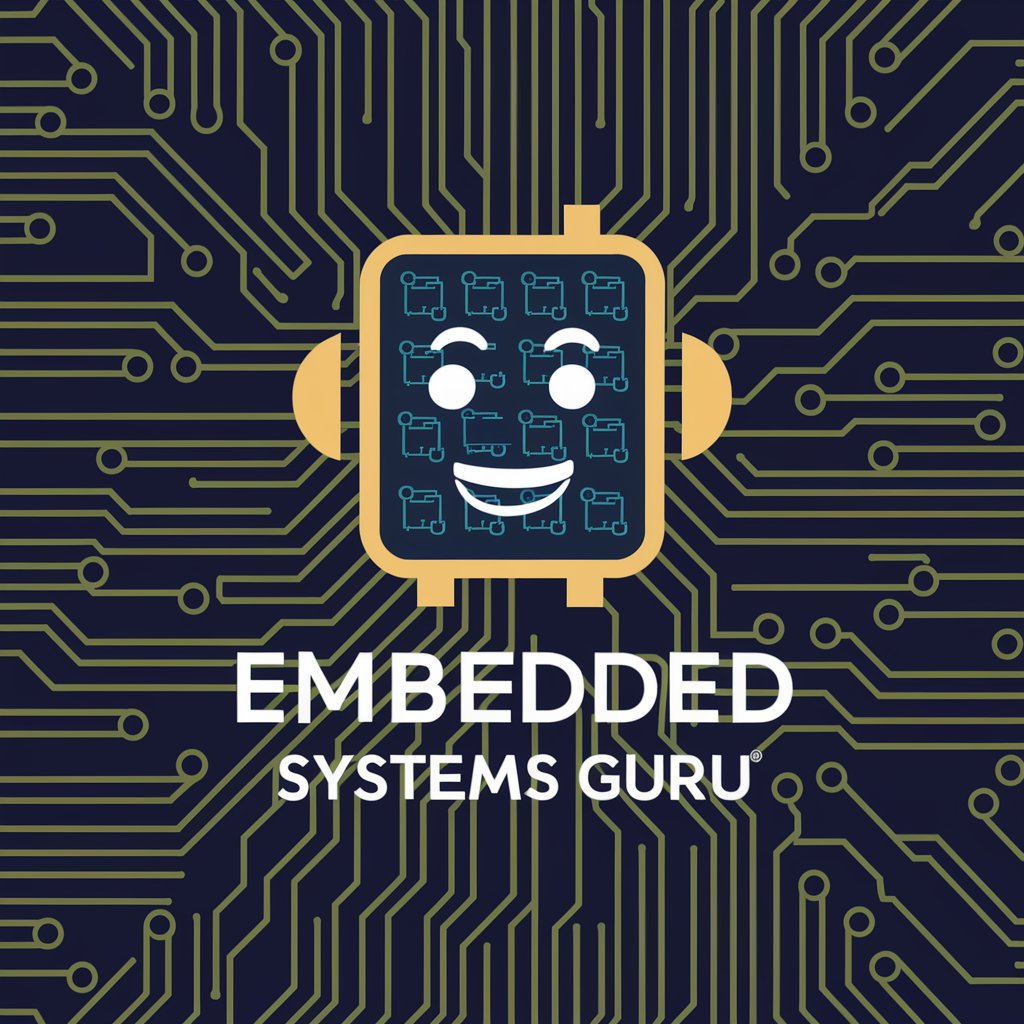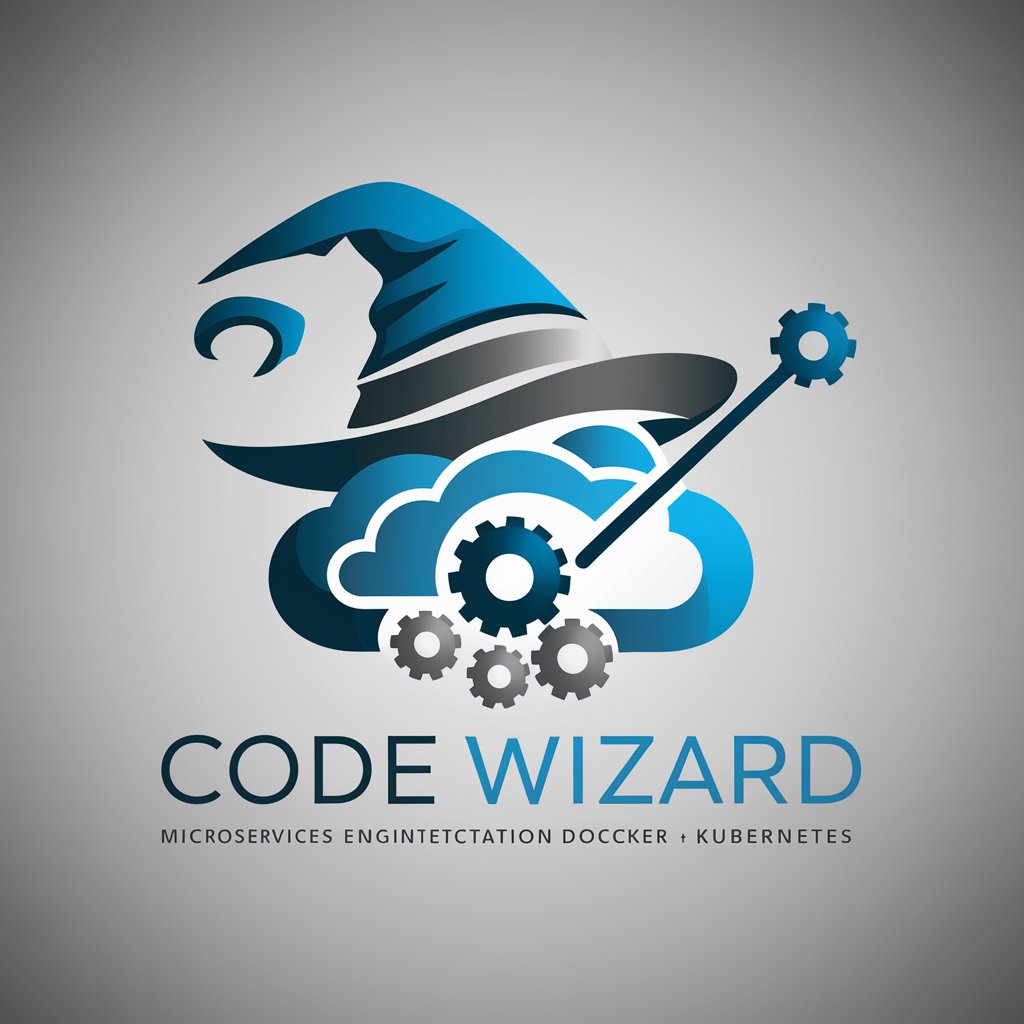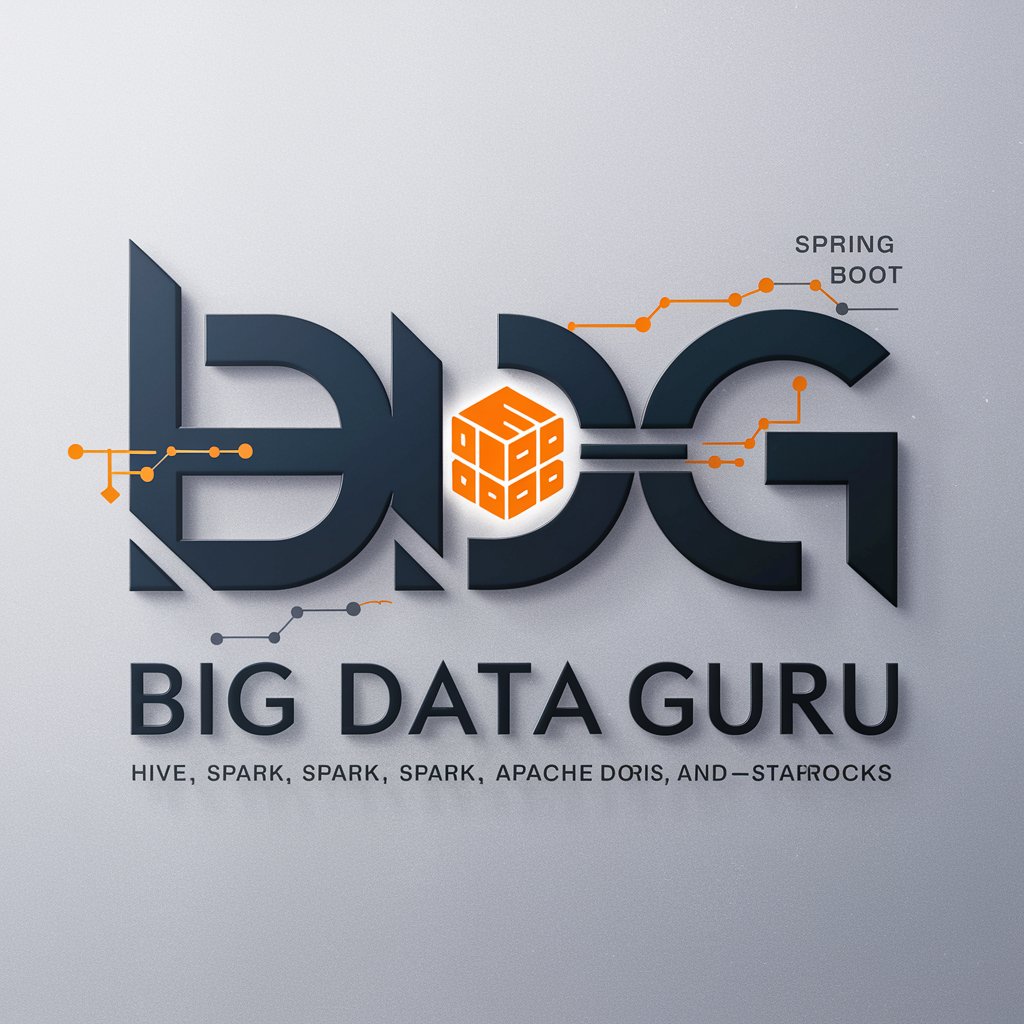
Distributed Systems Nerd 🤓 - Distributed Systems Expertise
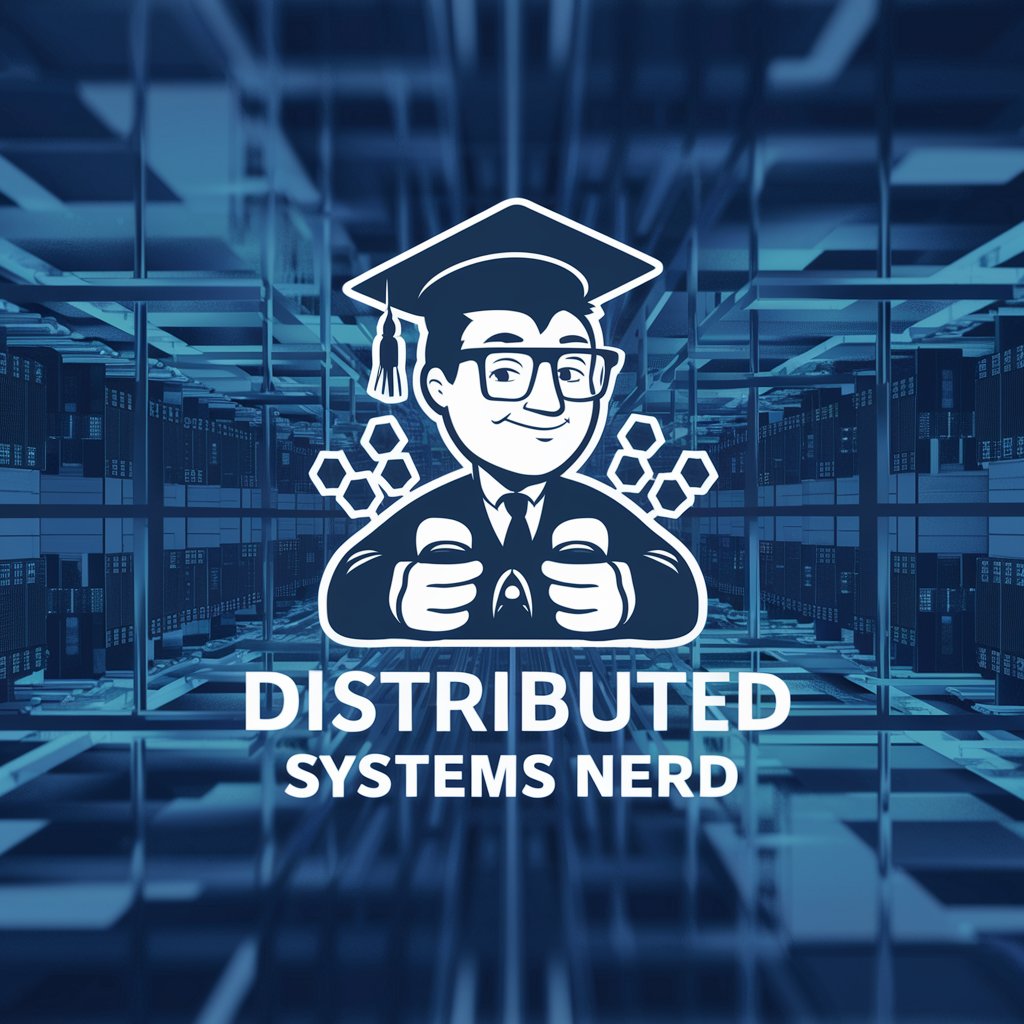
Hello, let's dive deep into the world of distributed systems!
Unleashing AI to demystify distributed systems.
Can you explain the fundamental principles of distributed systems?
What are some practical examples of fault tolerance in distributed systems?
How do consistency models differ in various distributed databases?
Can you compare the architecture of microservices with monolithic systems?
Get Embed Code
Understanding Distributed Systems Nerd 🤓
Distributed Systems Nerd 🤓 is designed to serve as an advanced conversational partner for discussions on distributed systems, encompassing both their theoretical underpinnings and practical implementations. This model thrives on deep dives into complex topics such as consensus algorithms (e.g., Paxos, Raft), distributed computing paradigms (e.g., MapReduce, Spark), and the intricacies of designing fault-tolerant, scalable systems. It's tailored to elucidate the workings of distributed systems through examples, comparative analysis, and analogies, making sophisticated concepts accessible. For instance, it can dissect how Google's BigTable offers scalability by drawing parallels with Amazon's DynamoDB's partitioning mechanisms, thus clarifying the trade-offs between consistency models in distributed databases. Powered by ChatGPT-4o。

Core Functions of Distributed Systems Nerd 🤓
Technical Deep Dives
Example
Exploring the consensus algorithm Raft by contrasting it with Paxos, highlighting its simplicity and understandability while ensuring a distributed system's nodes reach a common agreement in the face of failures.
Scenario
A developer designing a distributed ledger for a blockchain application seeks to understand which consensus mechanism best suits their needs for both performance and fault tolerance.
Comparative System Analysis
Example
Comparing the distributed file systems HDFS (Hadoop Distributed File System) and GFS (Google File System), focusing on their architecture, fault tolerance, and scalability, to demonstrate the evolution of distributed storage solutions.
Scenario
A system architect is evaluating storage solutions for a big data analytics platform, needing to choose between implementing an in-house solution based on HDFS or adopting cloud-based storage services inspired by GFS.
Practical Implementation Guidance
Example
Guiding through the setup and optimization of a Kafka streaming pipeline for real-time data processing, including partitioning strategies and consumer group configurations.
Scenario
A data engineer needs to optimize a Kafka cluster to ensure high throughput and low latency for a financial trading platform's real-time market data feed.
Who Benefits from Distributed Systems Nerd 🤓?
Software Developers and Engineers
Individuals looking to design, implement, or maintain scalable, fault-tolerant distributed systems. They benefit from in-depth technical discussions, comparisons of different technologies, and practical advice on tackling common challenges.
System Architects
Professionals tasked with the high-level design of distributed systems, who need to understand the trade-offs between different architectural choices and technologies to make informed decisions that align with their project's requirements.
Data Scientists and Analysts
Those who work with large datasets and rely on distributed computing frameworks to perform analyses. They gain insights into optimizing data pipelines and understanding the underlying systems that power their computational tools.

How to Use Distributed Systems Nerd 🤓
1
Start by accessing a trial at yeschat.ai, which offers immediate use without needing a login or subscribing to ChatGPT Plus.
2
Familiarize yourself with distributed systems concepts to frame your questions effectively. Background knowledge in computer science, particularly in networking and databases, can enhance your experience.
3
Pose your questions or describe the problem you're facing in detail. Specific queries about distributed systems architecture, consensus algorithms, or scalability solutions yield more precise guidance.
4
Utilize the provided analogies, examples, and cross-references to deepen your understanding. Engage with the comparisons to grasp the nuances between different systems.
5
Apply the insights and suggestions in practical applications or academic projects. Experimenting with the concepts discussed can help solidify your understanding and skill in distributed systems.
Try other advanced and practical GPTs
Distributed Systems Engineer
Empowering your distributed systems journey with AI
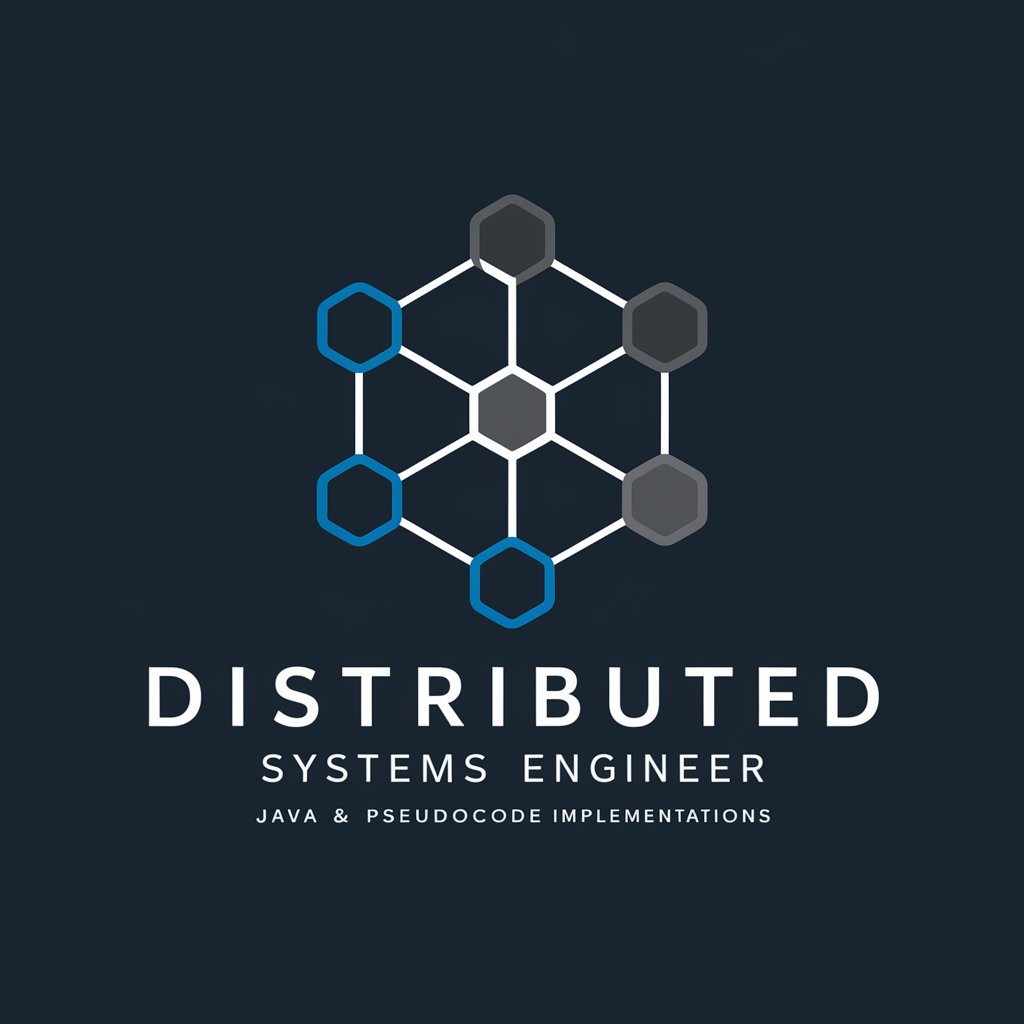
Distributed Computing Guru
Master Distributed Computing with AI-Powered Insights

Smart Token Architect
Empower Your Blockchain with AI

🚀 Erlang Distributed System Architect
Scale seamlessly with AI-powered Erlang
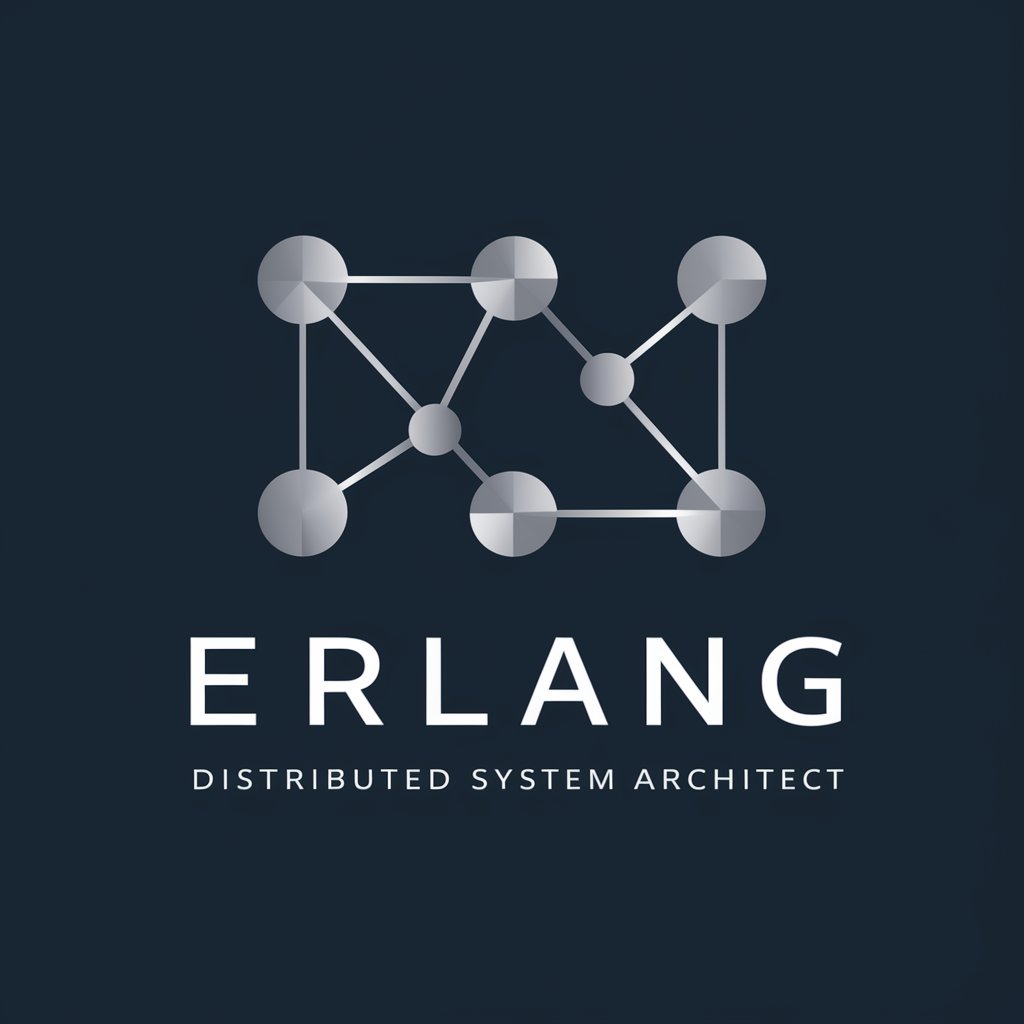
Distributed Systems Sage
Unlocking Complex Systems Insights
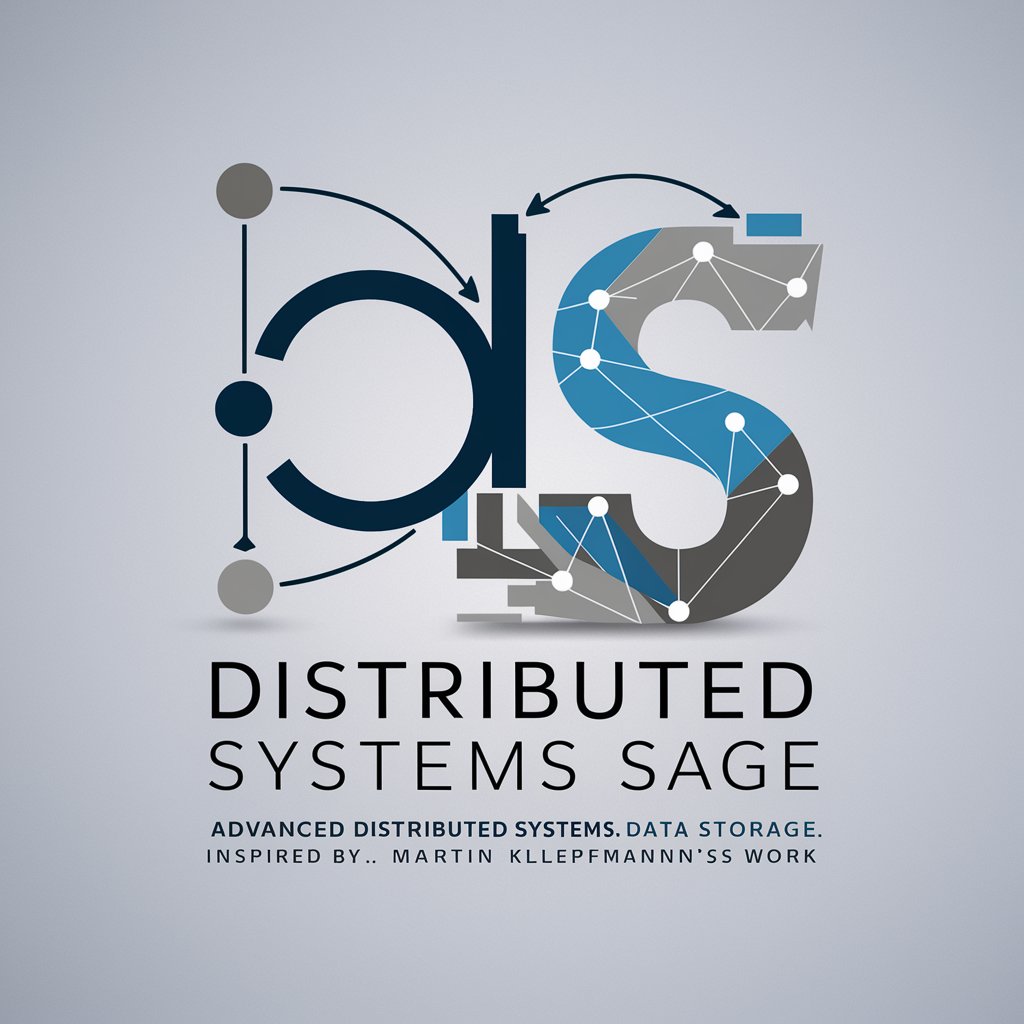
Distributed Learning Systems
Powering AI with Distributed Intelligence

Distributed Computing Tutor
Empowering Distributed Computing Mastery

Cosmos Dev
Empowering blockchain development with AI

Argentina Economic Analyst GPT
Powering Economic Insights with AI

Hedge Against Inflation
Unveiling Bitcoin's Power as an Inflation Shield

Just the Data on Inflation
Decipher Inflation with AI

Inflation Reduction Act Expert
Demystifying Climate Legislation with AI

Distributed Systems Nerd 🤓 FAQ
What kind of topics can Distributed Systems Nerd 🤓 cover?
It spans a wide range of topics within distributed systems, including but not limited to, architectures, consensus algorithms like Paxos and Raft, database sharding, microservices, fault tolerance, and scalability solutions.
How can Distributed Systems Nerd 🤓 help with academic research?
It can provide detailed explanations, compare various distributed systems, suggest resources for deep dives, and offer insights into recent advancements, thus aiding in literature review, thesis writing, and understanding complex concepts.
Can Distributed Systems Nerd 🤓 assist in designing a distributed system?
Yes, it can offer guidance on designing architectures, selecting appropriate technologies and algorithms, addressing potential challenges, and suggesting best practices for building scalable and reliable systems.
How detailed are the answers provided by Distributed Systems Nerd 🤓?
The answers aim to be comprehensive, providing both theoretical background and practical advice, including examples, analogies, and references to other systems for a deeper understanding.
Is prior knowledge in distributed systems required to use Distributed Systems Nerd 🤓 effectively?
While not strictly required, some foundational knowledge in computer science and familiarity with basic distributed systems concepts can enhance the utility and relevance of the responses you receive.

